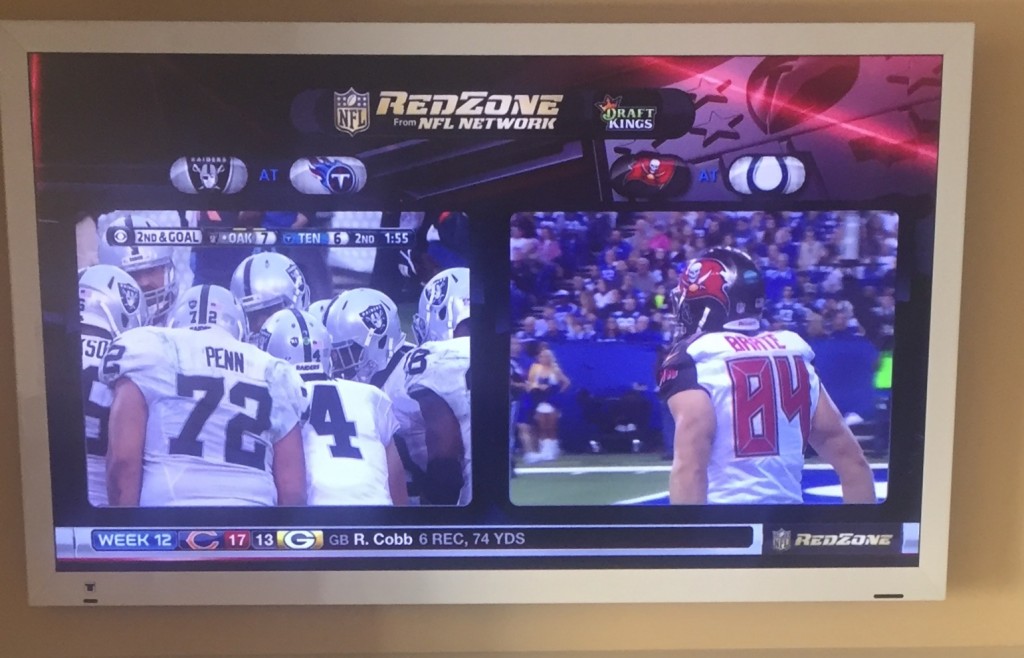
Commissioners from the NBA, NFL, MLB and NHL declaring that daily fantasy sports should be regulated has become commonplace. It’s something that sports lovers seem to hear everyday. Let’s take a look at the regulations currently in place on fantasy sports and how they will change come 2016
Daily fantasy has seen explosive growth recently; it is very different from fantasy football that sites such as ESPN offer. First, daily fantasy games are week long commitments as opposed to a season long commitment. So when one picks their team on DraftKings or FanDuel, their players only last one week. In regular fantasy, each member of a league drafts players to keep for the entire NFL season. Another difference between daily fantasy and fantasy is that instead of participating in leagues with friends, those who play daily fantasy enter the teams they drafted into pools with random people. Within the pool, the teams whose players score the most points win money.
To say daily fantasy sports have recently come under fire would be an understatement. The emerging industry has faced an avalanche of criticism leading some critics to predict that sites like FanDuel and DraftKings will soon have to close up shop. Yet a few months ago, both DraftKings and FanDuel had been flying under the radar. So, what brought about the calls for regulation?
In early October, a DraftKings employee won $350,000 on rival site FanDuel. Guy got lucky, right? Wrong. It turns out the employee had access to insider information enabling him to view and take into account each player’s ownership percentage when setting his fantasy lineup for the week. News of this scandal splashed onto the ESPN website’s frontpage. Understandably, many felt cheated by the scandal. The next day, DraftKings and FanDuel banned their employees from participating in daily fantasy games. There is still a question as to who has access to insider data and how it is protected. A lack of clear explanation from the two sites has clouded integrity within the industry, putting into question how many people have used insider information to win big.
People are becoming scared of the unregulated daily fantasy world. In Nevada, daily fantasy sites now need a gambling license to operate. There could be more states that follow Nevada’s lead as critics tie together the similarities between gambling and daily fantasy sports.
If the recent ruling by the Nevada Gaming Control Board wasn’t troubling enough for FanDuel, the site now has to worry about Washington Redskins wide receiver, Pierre Garcon. The receiver who makes $8,500,000 a year is filing a class-action lawsuit against FanDuel claiming that the site is profiting immensely on NFL player’s names without compensating the players. Garcon states, “I am bringing this lawsuit against FanDuel for using my name, image, and likeness in both daily fantasy contests and through advertising on TV ads and infomercials. FanDuel has taken the liberty to engage in these actions without my consent and without proper licensing rights. As a result of these activities, FanDuel daily fantasy contests have shown increasing revenues leading to large profits. Therefore, on behalf of myself as well as any other players
who are being treated unjustly, I chose to file a complaint.” Unlike FanDual, DraftKings is exempt from the lawsuit as they recently struck a deal with the NFLPA allowing them to feature NFL players in their ads. However, DraftKings is still being pressured to regulate its industry, as the future of daily fantasy sports remain unclear.
Will daily fantasy college football be able to overcome it’s tainted reputation and grow in popularity? ESPN and other popular fantasy sites have yet to offer fantasy college football, making DraftKings and FanDuel the first two companies to test the NCAA. If daily fantasy college football becomes popular, fans will transition from rooting for teams to rooting for players, tainting the team spirit that defines fantasy college football. With team spirit on the line, the NCAA has turned its back on the industry, but it’s up to daily fantasy players to determine whether daily fantasy has a real future.
It seems like daily fantasy sports will continue to operate, but regulation will come over time. FanDual and DraftKings will need to give compensation to the players whom they are profiting off of, and daily fantasy sports will soon be treated more like online gambling than a separate category. Recently, a New York Attorney General declared daily fantasy to be illegal gambling; he ordered DraftKings and FanDuel to cease and desist. New York contains more daily fantasy players than any other state, suggesting that the dominoes will begin to fall. States are now questioning the Unlawful Internet Gambling Enforcement Act of 2006 which deemed fantasy different from gambling because it involves skill.
What’s certain is that daily fantasy sports is vastly different from fantasy football. Competing in a fantasy football league means building relationships with classmates or staying in touch with high school buddies who live 5,000 miles away. Daily fantasy is all about the money, winning against random people. Additionally, daily fantasy doesn’t include trading, a part of fantasy football that develops negotiating skills. Regulated or not, DraftKings and FanDuel will soon be treated more like gambling than fantasy football and new stories will break about the daily fantasy addicts losing their 401K and more due to the emergence of daily fantasy.






